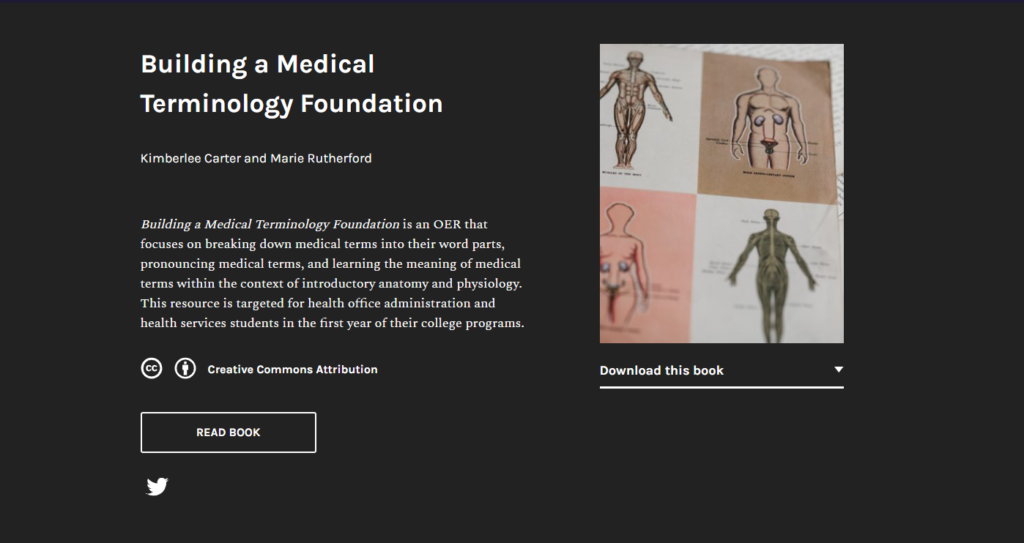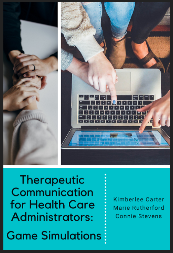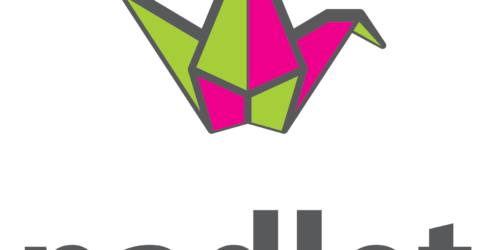
Open Educational Resources (OER): OER Support at Conestoga
What is OER?
Open Educational Resources (OER) are one aspect of Open Educational Practices (OEP) underpinned by pedagogies like constructivism, critical digital pedagogy, and social justice (Cronin, 2019; DeRosa & Jhangiani, 2018; Lambert, 2018). Through the lens of OEP, OER are developed by centering the needs of marginalized students and aims to create resources for the classroom that are accessible, equitable, and free for learners. What makes an educational resource “open” is the application of one of the Creative Commons (CC) licenses that allow creators to retain some rights while being explicit about what can be done with the creation (Creative Commons, n.d.). Creative Commons licenses are not fully open or fully closed, and there are a range of licenses to choose from.
Multiple UNESCO calls state that OER would meet Sustainability Development Goals (SDGs), and the formation of an OER coalition in 2020 has influenced an increase in OER development worldwide (OER Dynamic Coalition, 2020). This means numerous OER are available for you to repurpose and incorporate into the courses you facilitate. OER can take the form of digital textbooks, game simulations, videos, interactive learning objects, H5P activities, case studies, teaching resources, and more. The best news is that since they are free, you do not have to choose just one; you can mix, match, adopt as-is, or add your content and republish.
Value Proposition for Students
The benefits for students go beyond cost savings. Everyone can access the course materials on the first day of class and after the course is completed. Research shows a 20% lower withdrawal rate, increased course completion, and increased grades, and 78% of students would recommend a class using OER to their friends (Open Education Group, 2020). Students are represented in the course material and can participate in co-constructing OER, providing the student perspective through content review, development of interactives, providing images, and acting in videos.
Value Proposition for Faculty
The benefits for faculty include scholarly activity with opportunities to engage deeply with course material and enhance writing skills, research skills, teaching methods, and digital skills. Skidmore (2019) found that instructors adapting or creating OER engaged more with course material than with prepackaged course material. The insights gained through OER development led to high-impact teaching methods (Skidmore, 2019). Published OER counts as scholarly outputs, meeting PEQAB, AACSB, PRME, and SDGs commitments.
Supports Available at Conestoga
Curious about OER and want to see what supports are available to you:
Supports include but are not limited to:
- Project Planning.
- Environmental scan of OER for your subject.
- Assistance mapping existing OER to your course outcomes.
- Course integration.
- Instructional Design.
- Editorial.
- Technical:
- Pressbooks
- H5P
- Common OER Publishing Platforms
- Final publishing and uploading to repositories.
About the Author
Kimberlee Carter BEd., MA., is the Open Educational Resource (OER) Consultant at Conestoga College and is a Library and Learning Services team member. Kimberlee has been with Conestoga College since 2009, starting as a Professor in the School of Business and transitioning into this role in August 2022. Kimberlee is completing the Professional Program in Open Education at Kwantlen Polytechnic University, and you can read about her open journey through her blog cupofteaching.ca.
This hub post is CC-BY-NC-SA unless otherwise noted.
References
Creative Commons (n.d.) About the Licenses. What our licenses do. Creative Commons. https://creativecommons.org/licenses/
Cronin. C. (2019). Open education: Walking a critical path. In D. Conrad, & P. Prinsloo (Eds.), Open(ing) Education: Theory and Practice. Leiden: Brill.
DeRosa, R., & Jhangiani, R. (2018). Open pedagogy. In Open pedagogy notebook (CC BY 4.0). http://openpedagogy.org/open-pedagogy/
Lambert, S. R. (2018). Changing our (Dis)Course : A Distinctive Social Justice Aligned Definition of Open Education. Journal of Learning for Development https://jl4d.org/index.php/ejl4d/article/view/290/334
OER Dynamic Coalition (2020). UNESCO. https://www.unesco.org/en/open-educational-resources/oer-dynamic-coalition
Open Education Group. (2020). The Review Project. Retrieved from Open Education Group: https://openedgroup.org/review
Skidmore, J.M. (2019) A Place for Policy: The Role of Policy in Supporting Open Educational Resources and Practices at Ontario’s Colleges and Universities. Retrieved from https://uwaterloo.padlet.org/jamesmskidmore/tess2019
UNESCO (2022). Leading SDG 4 – Education 2030. UNESCO Education transforms lives. https://www.unesco.org/en/education/education2030-sdg4
Graduation Photo by Vasily Koloda on Unsplash









